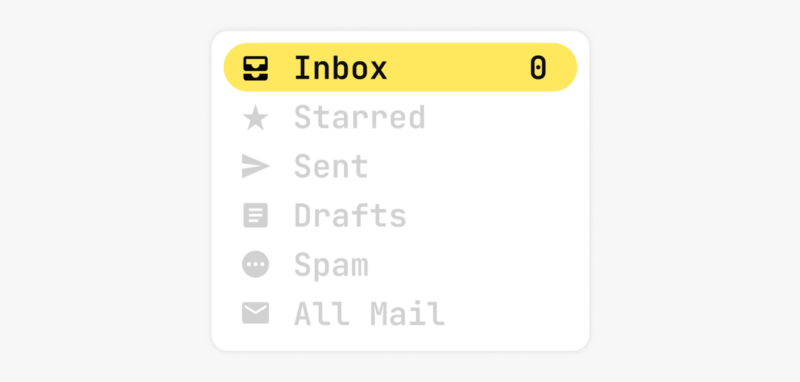
Who (And How) to Ask for a Job Reference
If you’re in the job interview process and the employer asked for a job reference, congratulations! You’re one step closer to landing the job. But while some think of references as a formality, your references can make or break your chances of success. This is particularly true if the company is using them to compare equally qualified candidates.
Regardless of what your competition looks like, it’s a good idea to have solid references lined up. A stellar endorsement could also strengthen your bargaining power when it comes to negotiating an offer. Follow these best practices for choosing solid references—and making sure they provide the best recommendation possible.
Who to askTo begin with, it’s important to line up references who can speak to different aspects of your experience, skill set, and personality. One goal of reference checking is to validate that what you’ve said is true, so only providing the hiring manager with references from a single employer or experience won’t necessarily provide them with the holistic view they’re in search of. Shoot for references from these three sources:
- Your current employer: It’s generally helpful to include a reference from your current employer, particularly if you’ve been with the company for a while and seen significant growth there. If asking your direct manager is too sensitive, consider asking a mentor or colleague you’ve worked closely with. If this is truly unrealistic, however, the company you’re interviewing with will likely understand the circumstances—but be sure to explain to them why you can’t provide a more recent reference.
- Your past employer(s): It’s usually worth including references from past roles who you had particularly strong working relationships with, and who can speak to your talents and past successes. If you haven’t included a manager from your current company as a reference, aim to provide at least one manager from past work experience.
- Extracurricular references: Outside of references from work, it’s not a bad idea to include one or two from other experiences you’ve had, such as volunteering, athletics, or other things you do on the side. It’s generally wise to avoid including friends or family members as references (unless you’ve worked with them in a professional context). Interviewers know their answers will likely be biased in your favor.
- Start early: It’s a good idea to line up your references as soon as you start the job search, as you don’t want to spring it on people—and don’t want to leave a recruiter or hiring manager waiting while you’re desperately trying to contact people at the last minute.
- Choose an appropriate channel: In some cases, it’s a good idea to ask people over the phone or in person, which can also give you a chance to catch them up on what you’ve been doing if you haven’t seen them in some time. Email may also work: Use your best judgement to find the most suitable way to get in touch based on what you know about the person and your past relationship.
- Don’t force it: Importantly, ask in a way that allows them to politely opt out, as it’s not good for either of you if the reference they give won’t be a strong one.
The job isn’t done once your references say ‘yes.’ Next, you should send them an updated version of your CV. Send a summary of any key projects you worked on together as a refresher of your skills and accomplishments.
Once a company asks for your references, send over the job description as well as any qualities or skills you’d like your reference to highlight in the conversation. It can be easy for references to give a general positive reference without going into details. But to really make your profile stand out you’ll want to set them up with the tools for success.
Think over the following questions:
- What should your new employer know about you?
- What do you want highlighted?
- How do you like to be rewarded?
- What is an area of improvement you are comfortable with your reference speaking to?
- What topics or incidents do you want left out of the narrative?
Lastly, be sure to follow up with each reference, for each role they refer you for. Whether or not you secure an offer or take the job, it’s good practice to thank them for their reference and let them know the outcome. If you don’t get the job or decide it’s not the right fit, you might need to call on your references again. And you will want them to reflect positively on their interactions with you, both past and present.
Related blog posts

2024 Tech Hiring: 7 Ways to Stay Competitive in Tough Job Markets
It felt like not long ago employers were eager to fill open roles in anticipation of accelerated...

6 Common FAQs from Jobseekers: Answers to Help You Prepare for & Dive Into the Job Search
How Hired Helps: Ask Me Anything: Pathrise Jobseekers asked and we answered! Hired teamed up...

6 Things to Avoid in Your Interview Follow-Up Email
After an interview, it’s generally a good idea to send a short but thoughtful interview follow-up...

Code Your Career: Staying Competitive in the Developer Job Market (VIDEO)
The world, especially within the tech industry, is changing faster than you realize. Many...

30 Behavioral Interview Questions You Should Be Ready to Answer
Use these 30 examples of behavioral interview questions to practice If you’re heading into...

